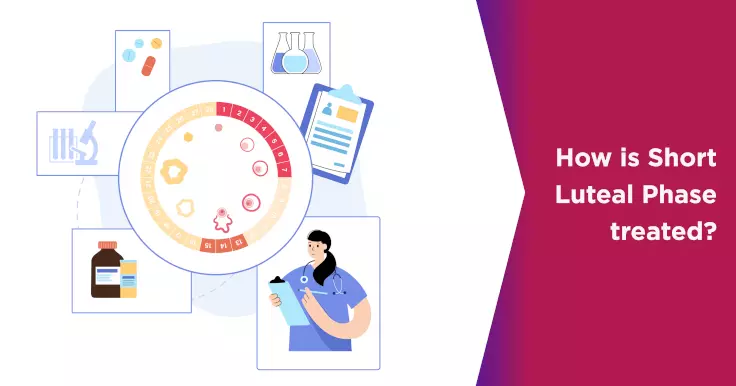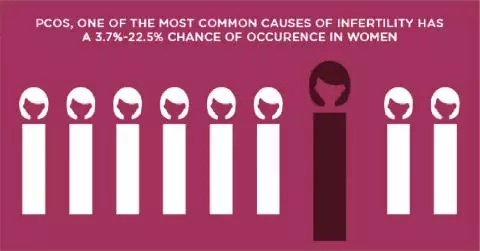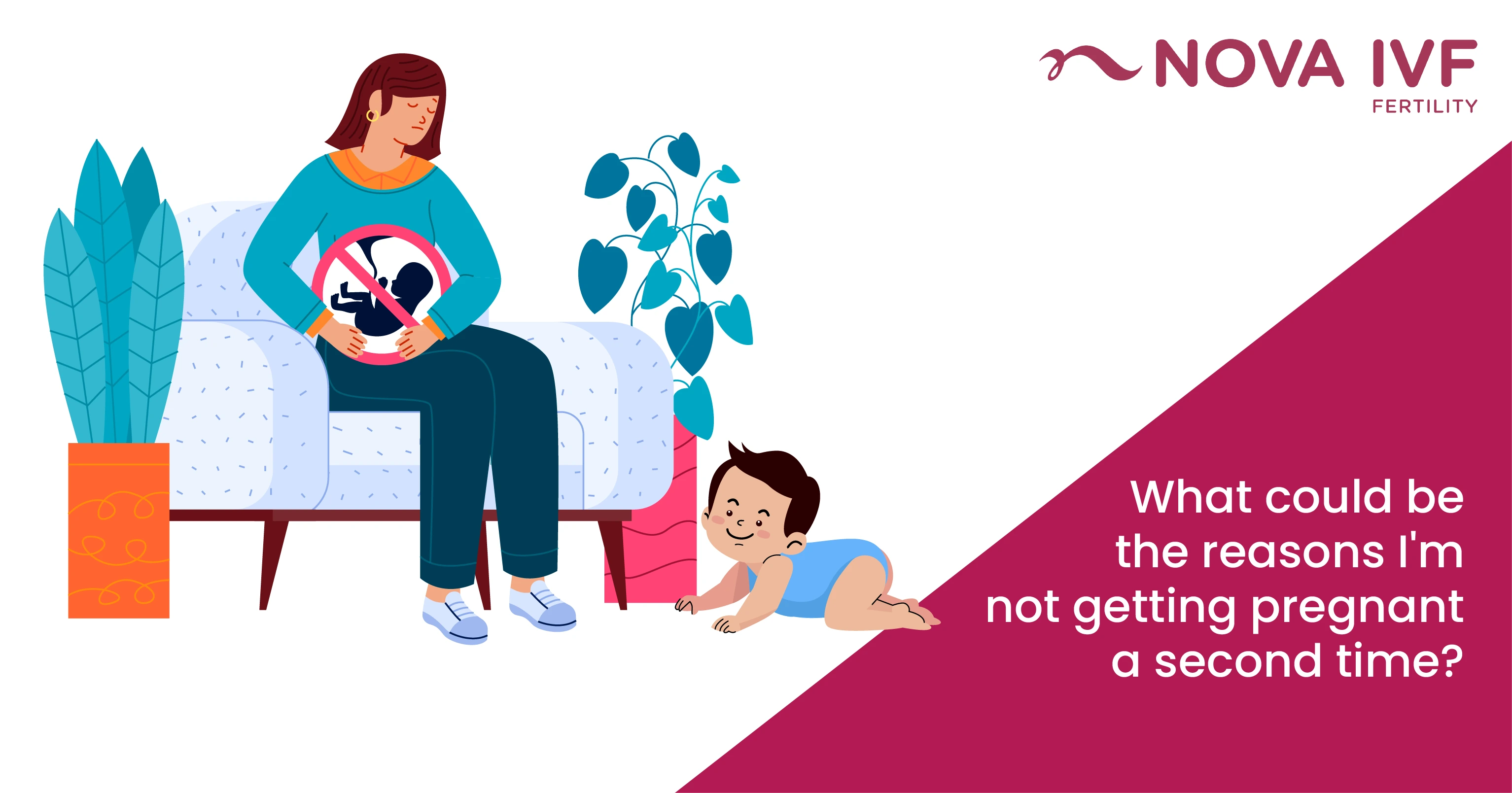Short Luteal Phase Treatment: What You Need to Know

A short luteal phase is a common cause for infertility and early miscarriages. The luteal phase refers to the time period between ovulation and the start of a period. This is usually 2 weeks during which the body secretes progesterone to thicken the uterine lining and prepare it for pregnancy. A short luteal phase usually lasts for less than 10 days. The good news is that infertility caused by a short luteal phase may be treated.
Short Luteal Phase Treatment
The treatment of a short luteal phase depends largely on the factors causing it. This is aimed at helping the endometrial tissue develop properly and keep a period from starting prematurely. Treatment can be categorized as lifestyle changes and medication.
Lifestyle Changes
A short luteal phase caused by stress, obesity or excessive exercising can be treated with simple lifestyle changes. Avoiding exposure to stress and meditation can be very helpful in treating a short luteal phase caused by stress. Similarly, weight management through a nutritious diet and regular exercise can help treat a short luteal phase caused by obesity. On the other hand, excessive exercise should also be avoided as it can trigger a short luteal phase and infertility.
Medication
Medication is usually prescribed only in cases where a woman with a short luteal phase wants to become pregnant. Progesterone pills, injection or suppositories may be administered after ovulation to aid in the development of endometrial lining. Other medication prescribed to treat short luteal phase includes:
- Clomiphene citrate (Clomid): This triggers the development of follicles in the ovary so as to release more eggs
- Human Chorionic Gonadotropin (hCG):This helps secrete progesterone and can also help trigger ovulation
When it comes to treating a short luteal phase, no one treatment is effective for all women. Thus, treatment must be customized to every case.
 Infertility Counselling
Infertility Counselling Female Infertility Treatment
Female Infertility Treatment Andrology Treatment
Andrology Treatment Fertility Enhancing Surgeries - Female
Fertility Enhancing Surgeries - Female Fertility Enhancing Surgeries - Male
Fertility Enhancing Surgeries - Male Endoscopy Treatment
Endoscopy Treatment IUI Treatment
IUI Treatment IVF Treatment
IVF Treatment ICSI Treatment
ICSI Treatment Advanced IVF Solutions
Advanced IVF Solutions Embryology
Embryology Vitrification Egg, Embryo, Sperm Freezing
Vitrification Egg, Embryo, Sperm Freezing Preimplantation Genetic Testing (PGT)
Preimplantation Genetic Testing (PGT) Donation Program Embryo / Egg / Sperm
Donation Program Embryo / Egg / Sperm Self-cycleTM IVF
Self-cycleTM IVF

 Self-cycleTM IVF
Self-cycleTM IVF










